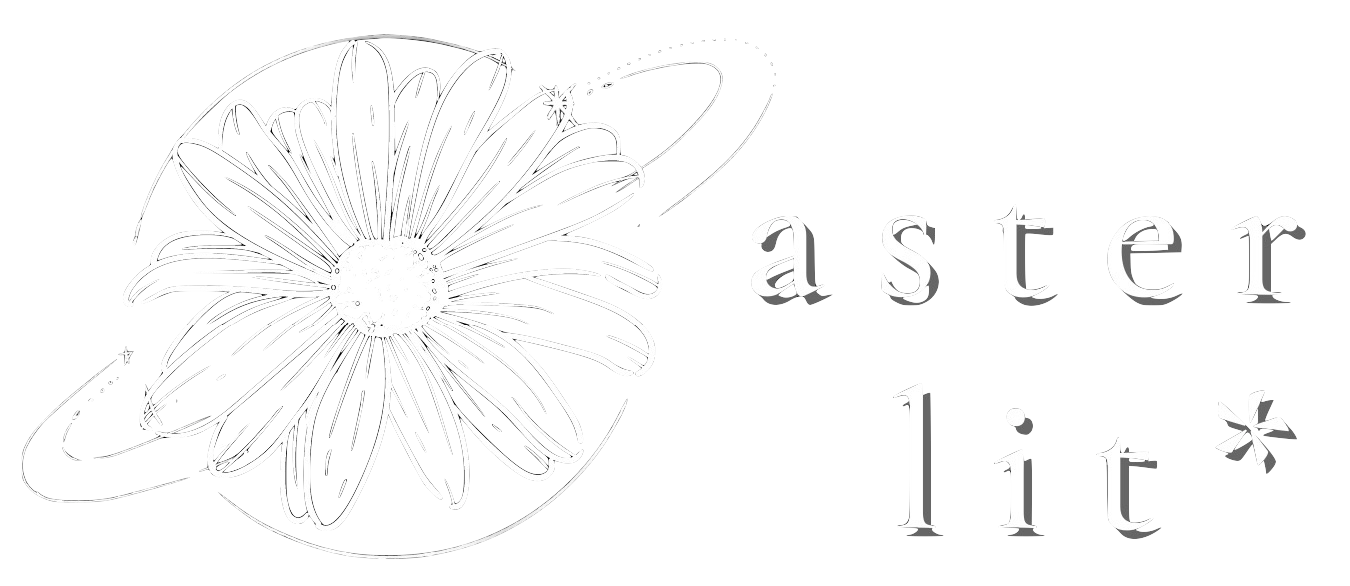
Aster Lit: Lacuna
Issue 10—Winter 2023
Every Time a Train Goes By
Sripurna Majumdar, India
There is a beautiful word in the Bengali language, my mother tongue — রোদ্দুর (roddur). It
roughly means sunshine, but not exactly that. It encompasses every feeling related to it — the
warmth of sunlight on one’s skin, the bright yellowish-white color associated with it— often
leading to a curious synesthesia. Attempting to translate this word made me discover its
untranslatability and beauty. Yes, it is a lacuna, but perhaps some of them are better left
unfilled. It makes every language of the world retain a little box of magic of its own. Oh, one
can never really translate magic or charm, can they? That is what makes every language
special and fascinating. Without the tiny hole, could the cocoon give birth to the elegant
butterfly?
⁕
As dawn breaks, the little hamlet in the lap of the mighty Himalayas comes to life. Birdsongs
and rustling of leaves, the smell of juniper bushes and pine cones fill the fresh mountain air.
The last night's frost on the grass blades slowly starts melting as the sun's rays touch the
earth. A point in space-time. As per Einstein's Theory of Relativity, observers in relative
motion experience time differently. It thus follows that every single moment is unique. We
are living in the present with an eternal past above our heads. As soon as we realize this,
every single moment we spend becomes significant. None can replace another. No hole can
fit perfectly into another. In this eternal sea of space-time, we are wanderers, floating from
one point to another. Each smell, each touch, each sight is unique, one of its kind, incapable
of ever being ' translated '. The Himalayan dawn thus assumes a wholly new meaning. It
appears as a bright little dot in the sea of continuum, never again to be repeated. Each
moment, we are slipping from one point to another, from one hole to another in the vast
rippling fabric of space-time.
⁕
As night spreads its wings over the town, the hustle and bustle of the land dies down.
Looking at the night sky, one could see stars slowly turning on their lights one by one, just
like street lamps in eighteenth-century London. Are they holes in the iron-black blanket of
the night? Are they gaps that the night can never fill? Lacuna within the tightly knit fabric of
deep space? Well, astrophysics says, quite the contrary. The universe is a pretty empty place!
The closest star to the Earth after the Sun is Proxima Centauri, at 4.2 light years from the
Earth. At approximately 2.5 million light-years away, the Andromeda galaxy, or M31, is our
home — the Milky Way's largest galactic neighbor. One would easily get baffled by the
enormity of the distance, keeping in mind that the speed of light is 3,00,000 km per second.
Such is the grandness of the cosmos. The twinkling holes in the sky are, in reality, the sole
source of light and energy in the otherwise cold and dark space. Gaps are not really gaps.
They hold deep meanings. The interstellar darkness gives meaning to the luminescence of the
stars. The lacuna endows the entirety with significance. The cosmos, studded with stars,
galaxies, quasars as well as vast, barren emptiness bears the imprint of the Grand Design of
Nature. A lacuna is never simply an idle gap.
Sripurna Majumdar is an undergraduate student of Comparative Literature at Jadavpur University in India. She loves writing non-fiction pieces and reading all sorts of books. Star-gazing is one of her favourite hobbies.
